Modular Home Builders Association: A Guide
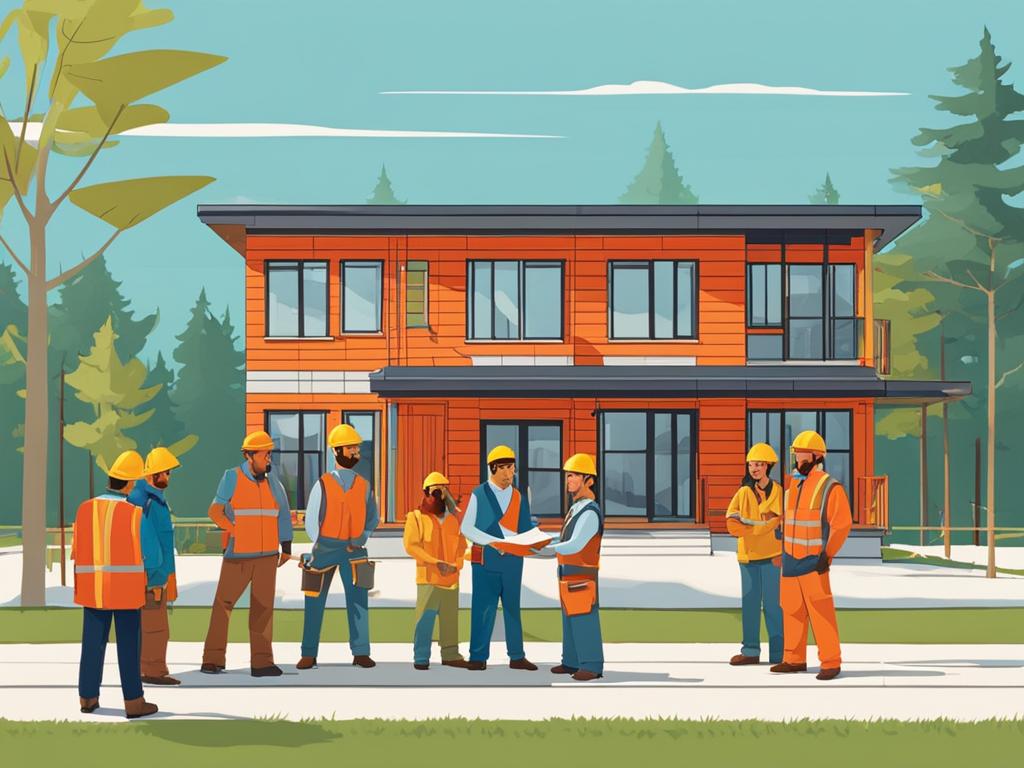
Welcome to the Modular Home Builders Association, your ultimate resource for all things related to modular home construction. If you are considering building your dream home, our association is here to assist you every step of the way. Whether you’re interested in prefab homes, finding reliable building contractors, or exploring sustainable home building options, we have you covered.
Key Takeaways:
- Modular home builders association provides a buyer’s guide and a directory of builders for individuals looking to build their dream home.
- Modular homes are an innovative solution to housing crises and sustainability concerns, offering affordability and eco-friendliness.
- Modular construction has benefits such as cost savings, shorter construction times, and a smaller environmental footprint.
- Modular homes are prefabricated building systems constructed off-site and then transported to the homeowner’s chosen location.
- The advantages of modular construction include lower costs, faster construction times, and increased energy efficiency.
The Benefits of Modular Construction
Modular construction offers numerous benefits compared to traditional construction methods. These benefits include cost savings, shorter construction times, and a smaller environmental footprint.
One of the key advantages of modular construction is the significant reduction in material waste. By assembling the components of modular homes in a controlled factory setting, the amount of material waste is greatly minimized. This not only leads to lower costs but also contributes to a more sustainable approach to home construction.
Additionally, the factory environment allows for faster construction times. Unlike traditional construction, modular homes are not subject to weather delays or subcontractor issues. The streamlined process in a factory setting enables efficient production, resulting in shorter construction timelines.
Modular homes are known for their energy efficiency and tight construction. The components of these homes are precision-engineered, ensuring a high level of insulation and minimizing energy loss. Consequently, modular homes require less energy for heating and cooling, reducing utility costs and creating a smaller impact on the environment.
Modular construction is not only a cost-effective and time-efficient method but also contributes to sustainable home building. With lower material waste, faster construction times, and energy-efficient design, modular homes are a smart choice for individuals looking to build their dream home while minimizing their environmental footprint.
What Is a Modular Home?
A modular home is a prefabricated building system that offers a revolutionary approach to home construction. With this innovative method, the main modules of the home are constructed off-site in a factory. These modules, complete with walls, floors, ceilings, wiring, plumbing, and fixtures, are carefully created to meet all state and national building and fire codes.
Once the modules are completed, they are transported to the homeowner’s chosen site and placed on a permanent foundation. The final finish work, including exterior siding, interior finishes, and landscaping, is then done by the local builder, ensuring that every detail is perfect.
Modular homes are not to be confused with mobile homes or manufactured homes. They are fully customizable and offer limitless design possibilities. From traditional to contemporary, modular homes can be customized to suit the homeowner’s unique style and preferences.
By combining the precision and efficiency of factory construction with the flexibility of on-site finishing, modular homes provide homeowners with a faster, more cost-effective, and sustainable way to build their dream home.
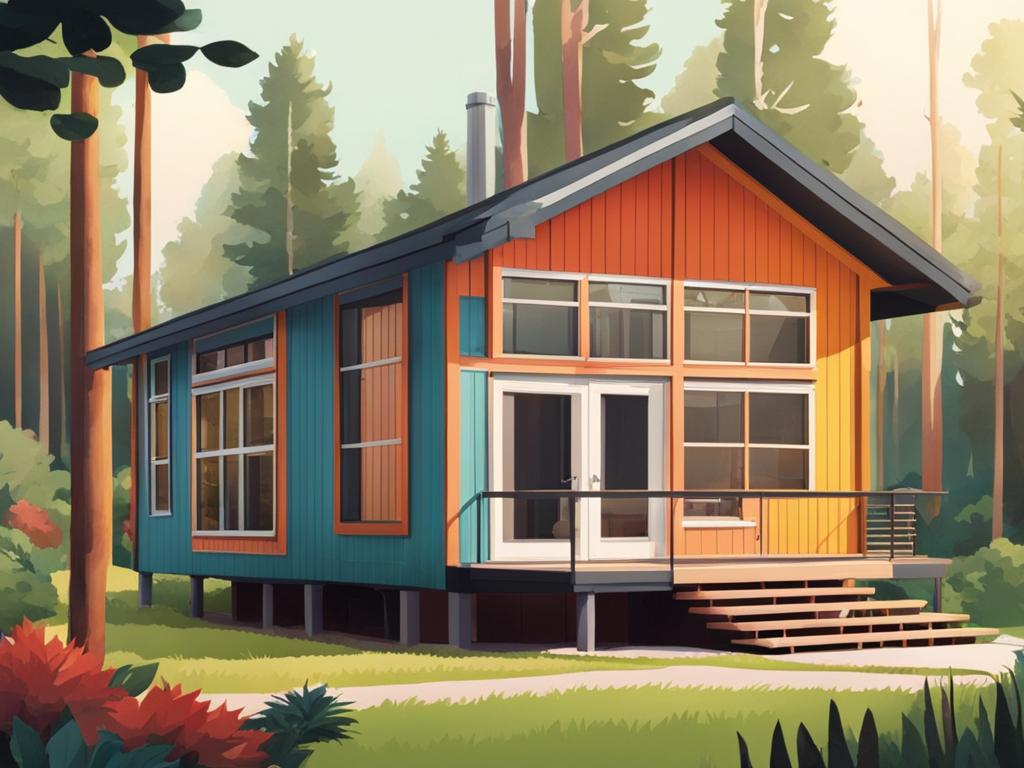
The Advantages of Modular Construction
Modular construction offers several advantages over traditional construction methods. With modular construction, homeowners can enjoy lower costs, shorter construction time, and environmental benefits.
Lower Costs
One of the key advantages of modular construction is its cost-saving potential. Building a modular home can be up to 20% cheaper compared to building a conventional home. This significant cost reduction is due to reduced material waste and lower labor costs.
In modular construction, the home components are manufactured in a controlled factory environment. This means that materials can be optimized and waste can be minimized, resulting in cost savings. Moreover, the efficient assembly-line process in the factory reduces labor costs, further contributing to the overall affordability of modular homes.
Shorter Construction Time
Modular homes are known for their shorter construction time compared to traditional homes. The controlled factory environment allows for simultaneous site preparation and factory construction. While the foundation is being prepared on-site, the modular home components are manufactured off-site, ensuring construction progress is made both at the factory and on-site simultaneously.
Since modular homes are constructed in a factory setting, they are not subject to weather delays, subcontractor issues, or other on-site challenges. This streamlined process allows for faster construction completion, ultimately reducing the overall construction time.
Environmental Benefits
Modular construction is considered more environmentally friendly compared to traditional construction methods. The controlled factory environment enables better management and reduction of construction waste. By optimizing material usage and minimizing waste, modular construction significantly reduces its environmental impact.
In addition to reduced construction waste, modular homes are designed to be energy efficient. The tightly fitted components and advanced insulation systems used in modular construction contribute to lower energy consumption and reduced carbon emissions. This makes modular homes an environmentally conscious choice for homeowners.
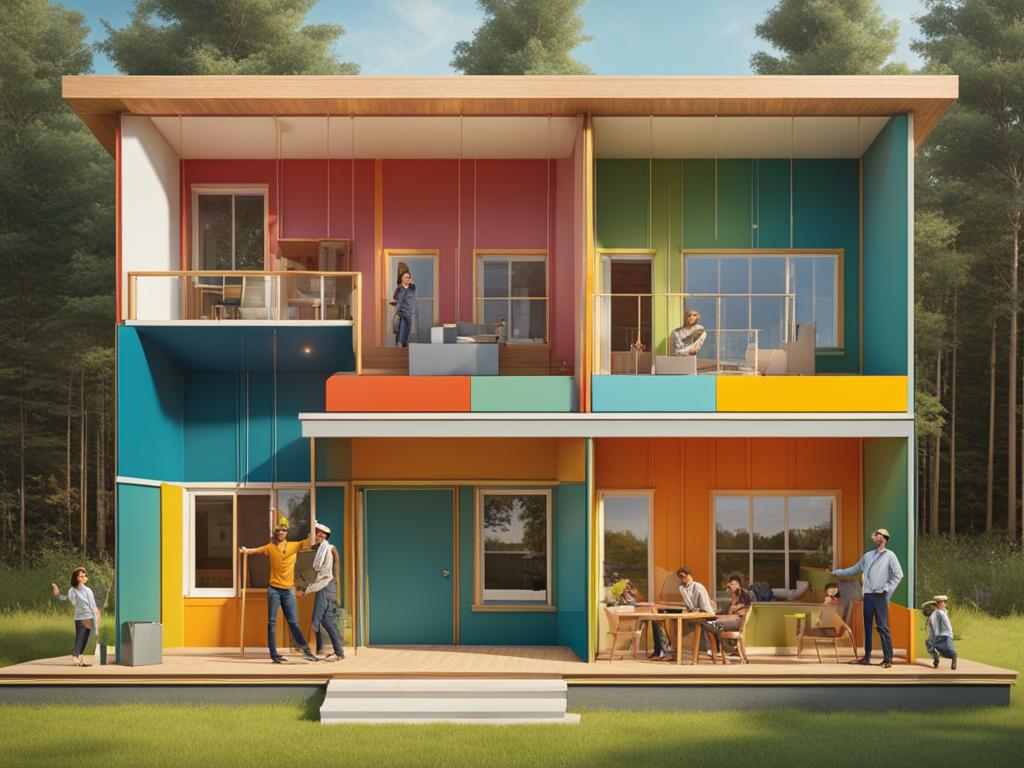
Overall, modular construction offers several advantages that make it an attractive option for homeowners. With lower costs, shorter construction time, and environmental benefits, modular homes are a smart and sustainable choice for those looking to build their dream homes.
The Disadvantages of Modular Construction
While modular construction has many advantages, it’s important to consider the potential disadvantages as well. Understanding these challenges can help you make an informed decision when deciding whether modular construction is right for your home building needs.
Limited Customization Options
One of the main disadvantages of modular homes is the limited customization options compared to conventional homes. Modular homes are built based on pre-designed modules and floor plans, which may not allow for extensive customization. While there are some options for customizing certain aspects of the home such as finishes and fixtures, major design changes may be more challenging to implement.
However, it’s worth noting that many modular home builders offer a variety of pre-designed floor plans to choose from, allowing you to find a layout that suits your needs without requiring extensive customization.
Zoning Issues
Another consideration when building a modular home is the potential for zoning issues. Zoning regulations vary from one location to another, and it’s essential to ensure that modular homes are allowed in your desired area. Some zoning codes may have restrictions or specific requirements for modular homes, which may impact where you can build your home and the design options available to you.
It’s recommended to consult with local authorities or a qualified builder to understand the zoning regulations in your area before proceeding with a modular home construction project.
Bias Against Modular Homes
Despite the many benefits of modular construction, there can still be a lingering bias against modular homes in terms of resale value. Some potential buyers may have misconceptions about the quality or durability of modular homes, leading to lower perceived value compared to traditionally built homes.
However, as modular construction becomes more prevalent and its advantages are increasingly recognized, this bias is expected to diminish over time. With the continued growth and innovation in the modular construction industry, modular homes are becoming indistinguishable from conventionally built homes in terms of quality and aesthetic appeal.
Overall, while there are some disadvantages to consider, modular construction offers significant advantages and solutions to various housing needs. By understanding these potential challenges and working with experienced professionals, you can navigate through them and enjoy the benefits of a modular home.
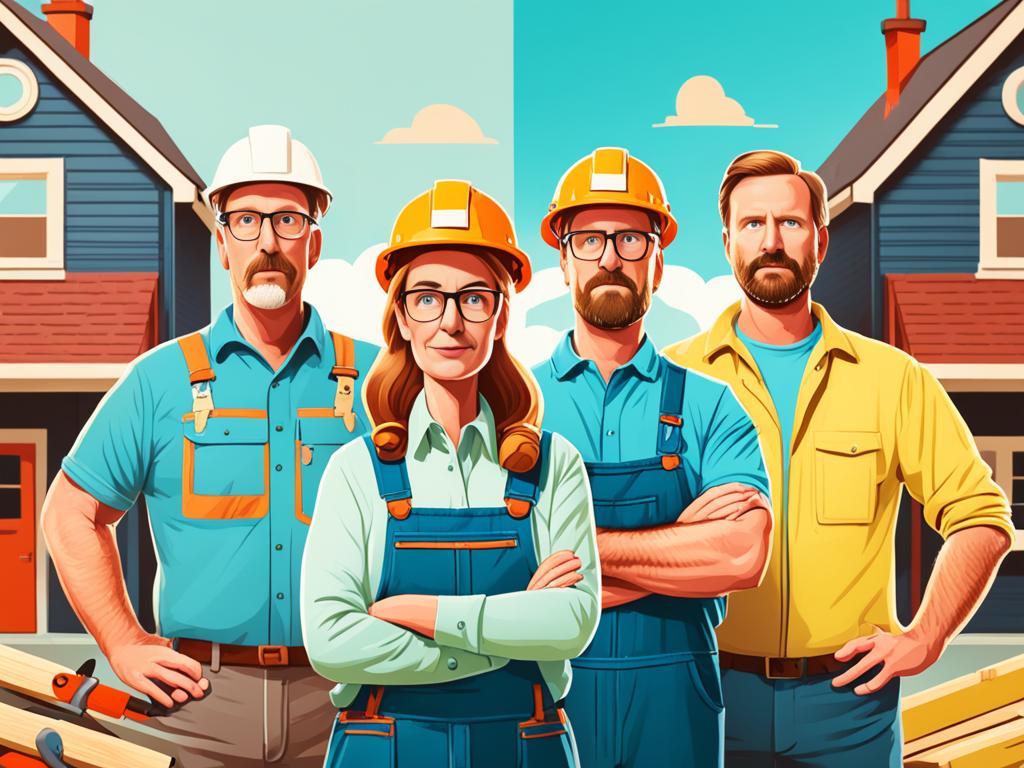
Getting Started with a Modular Construction Project
Embarking on a modular construction project is similar to starting a traditional construction project. Whether you’re envisioning a custom-built dream home or seeking a fast and efficient building solution, modular construction offers a range of options to suit your needs. From turnkey services that handle every aspect of the project to more hands-on approaches with DIY units, the flexibility of modular construction allows you to tailor the process to your preferences.
When starting a modular construction project, it is essential to consider financing and securing a suitable building lot. In some cases, homeowners are responsible for arranging their project’s financing and acquiring land, while some modular home builders offer comprehensive financing options as part of their services. It’s crucial to weigh these factors and determine the best course of action for your specific project.
Working with experienced and licensed home builders is paramount when undertaking a modular construction project. These professionals have the expertise and knowledge to ensure the successful completion of your project, providing guidance throughout every step of the process. The Modular Home Builders’ Association (MHBA) can be a valuable resource in finding qualified contractors who meet the highest industry standards. The MHBA offers a comprehensive directory of reputable builders and a consumer guide to modular home construction, providing you with the necessary information to make informed decisions.
Benefits of Engaging Qualified Contractors:
- Access to a network of skilled professionals with extensive experience in modular construction.
- Assurance of high-quality workmanship and adherence to industry standards.
- Expert guidance on design, customization, and material selection.
- Efficient project management to ensure timely completion and minimize disruptions.
By collaborating with qualified contractors, you can realize the full potential of your modular construction project and create a home that meets your unique vision and requirements.
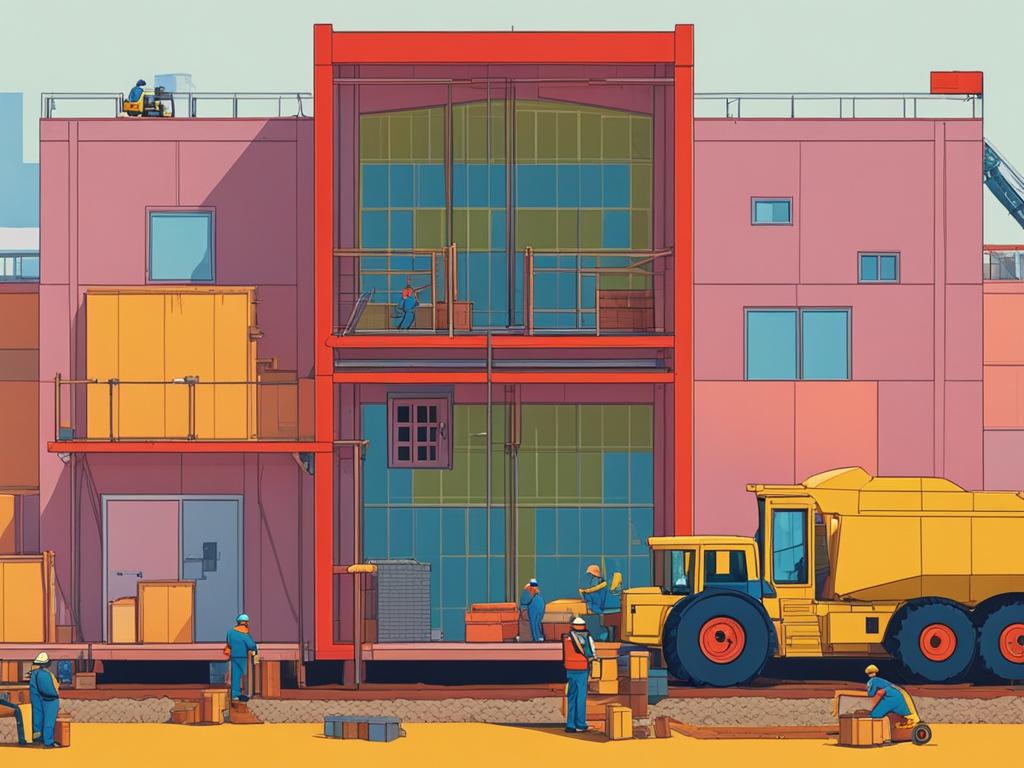
The Revolution in Prefab Home Construction
Prefabricated (prefab) homes have undergone significant advancements since their earlier designs. Today, prefab homes are available in a wide range of shapes and sizes, catering to various needs and preferences. From compact tiny houses and versatile multi-family units to spacious suburban homes and luxurious dwellings, prefab homes offer an array of options for homeowners to choose from.
One of the factors that has revolutionized the prefab home industry is modular construction. This innovative approach to home building has transformed prefab homes into high-quality, customizable residences that are virtually indistinguishable from conventionally built homes. Modular construction involves constructing different modules of a home in a factory, complete with walls, floors, ceilings, wiring, plumbing, and fixtures. These modules are then transported to the desired location and assembled on a permanent foundation. The outcome is a structurally sound, aesthetically pleasing home that meets all building and fire codes.
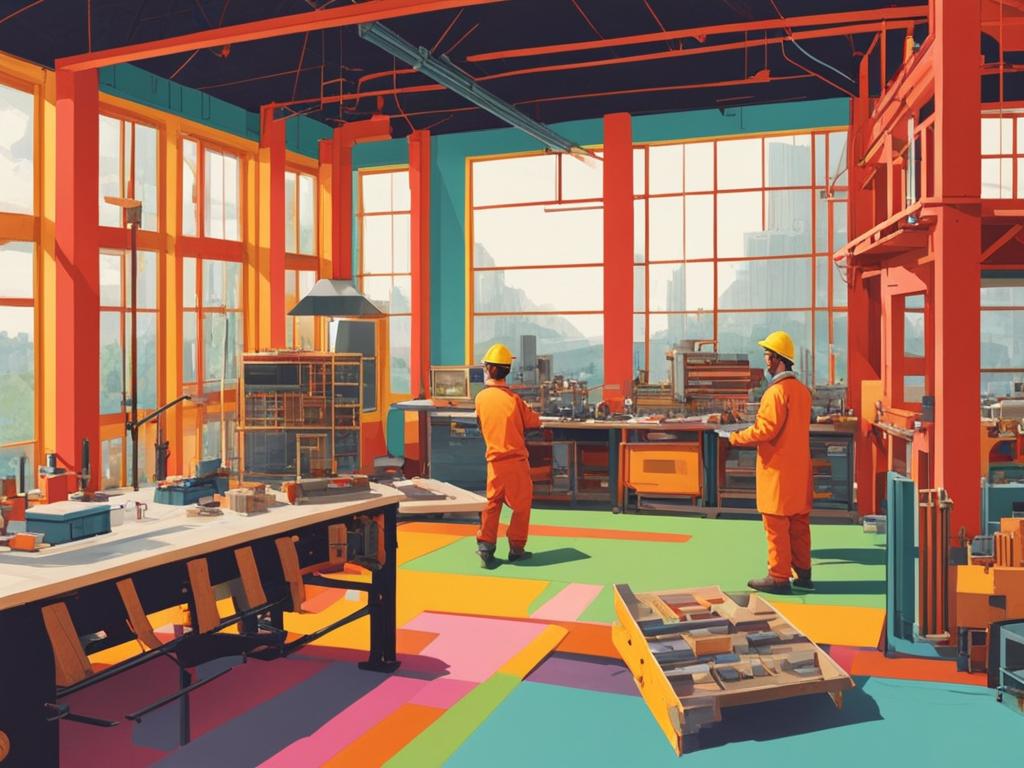
Building associations, such as the Modular Home Builders Association, play a crucial role in promoting and advancing prefab home construction. These associations provide a platform for builders, architects, and industry professionals to collaborate, share knowledge, and drive innovation in the construction industry. By advocating for prefab homes, building associations contribute significantly to the growth and development of the construction industry as a whole, fostering sustainable and efficient building practices.
Conclusion
The Modular Home Builders Association is your go-to resource for individuals interested in building modular homes in the United Kingdom. With a comprehensive buyer’s guide and a directory of experienced builders, the association ensures that you find the right builder for your project.
Modular homes offer numerous advantages, including cost savings, faster construction times, and environmental benefits. By working with modular home builders, you can customise your dream home while adhering to all building and fire codes.
Thanks to the revolution in prefab home construction, the possibilities for design and quality have greatly expanded. Whether you’re looking for a tiny house, a multi-family unit, or a luxury home, modular construction offers high-quality, customizable options.
Through the Modular Home Builders Association, you can also access information about modular home financing and connect with licensed building contractors. Start your journey towards your dream home today with the Modular Home Builders Association.
FAQ
What is the Modular Home Builders Association?
The Modular Home Builders Association is a valuable resource for individuals looking to build their dream home. It provides a buyer’s guide and a directory of experienced builders to help individuals find the perfect builder for their modular home construction project.
What are the benefits of modular construction?
Modular construction offers numerous advantages, including cost savings, shorter construction times, and a smaller environmental footprint. The controlled factory environment reduces material waste, resulting in lower costs. Additionally, factory construction eliminates weather delays and subcontractor issues, allowing for faster construction times.
What is a modular home?
A modular home is a prefabricated building system where the main modules of the home are constructed off-site in a factory. These modules, complete with walls, floors, ceilings, and all necessary fixtures, are then transported to the homeowner’s chosen site and placed on a permanent foundation. Each modular home is designed and constructed to meet all building and fire codes.
What are the advantages of modular construction?
Modular construction offers several advantages over traditional construction methods. It can be up to 20% cheaper to build a modular home compared to a conventional home, thanks to reduced material waste and lower labor costs. The controlled factory environment allows for simultaneous site preparation and factory construction, resulting in shorter overall construction times. Modular homes are also considered more environmentally friendly due to reduced construction waste and increased energy efficiency.
Are there any disadvantages to modular construction?
While modular construction has many advantages, there are some disadvantages to consider. Modular homes offer less design flexibility compared to conventional homes, limiting customization options. It is also important to check zoning regulations to ensure that modular homes are allowed in the desired area. Additionally, there is still a bias against modular homes in terms of resale value, although this bias is expected to diminish as modular construction becomes more prevalent.
How do I get started with a modular construction project?
Starting a modular construction project is similar to starting a conventional construction project. There are various options for engaging with a modular home builder, from turnkey service to DIY units. Financing and securing a building lot are the homeowner’s responsibility in some cases. It is important to work with experienced and licensed home builders when undertaking a modular construction project.
What is the revolution in prefab home construction?
Prefabricated (prefab) homes have come a long way from their earlier designs. Today, prefab homes come in various shapes and sizes, including tiny houses, multi-family units, suburban homes, and luxury homes. The growth of modular construction has revolutionized the prefab home industry, offering high-quality, customizable homes that are indistinguishable from conventionally built homes. Building associations like the Modular Home Builders Association play a crucial role in promoting and advancing prefab home construction, contributing to the overall growth of the construction industry.
How can the Modular Home Builders Association help me?
The Modular Home Builders Association is a valuable resource for individuals interested in building modular homes. With a comprehensive buyer’s guide and a directory of experienced builders, the association ensures that individuals can find the right builder for their project. Additionally, the association provides information on modular home financing and supports sustainable home building practices.

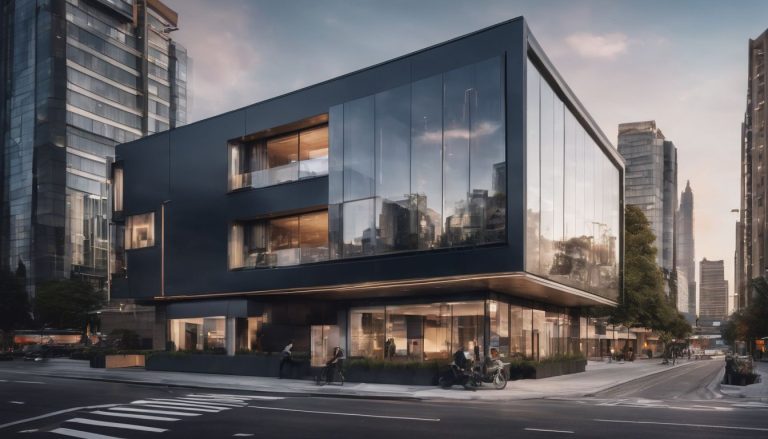
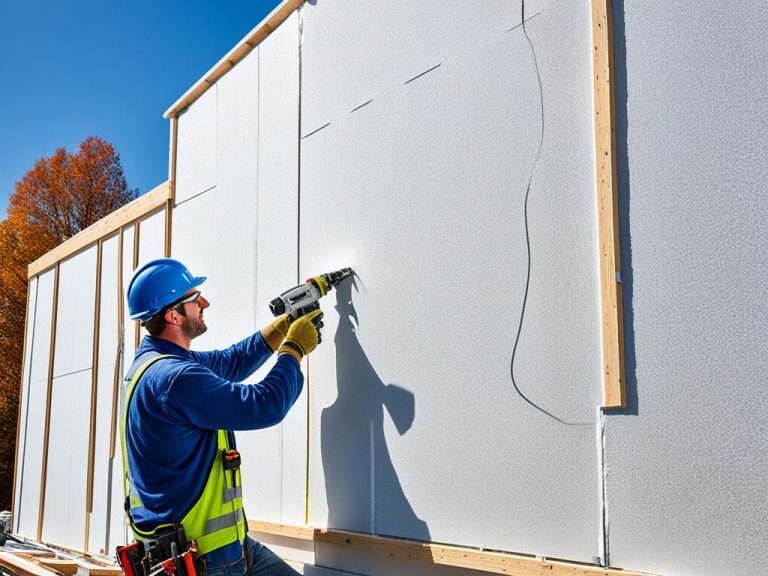
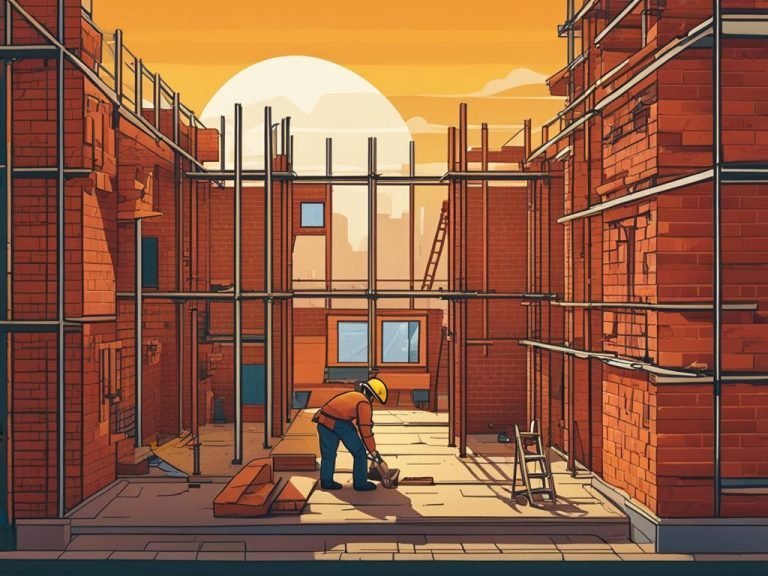
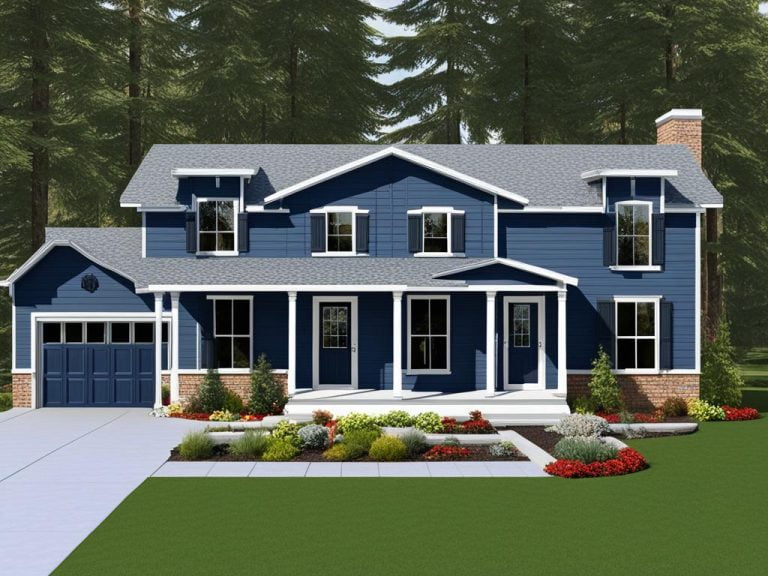
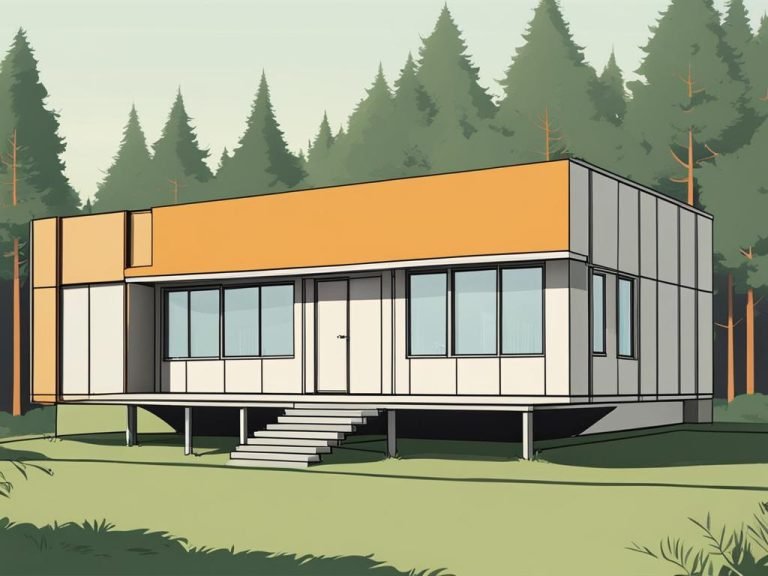
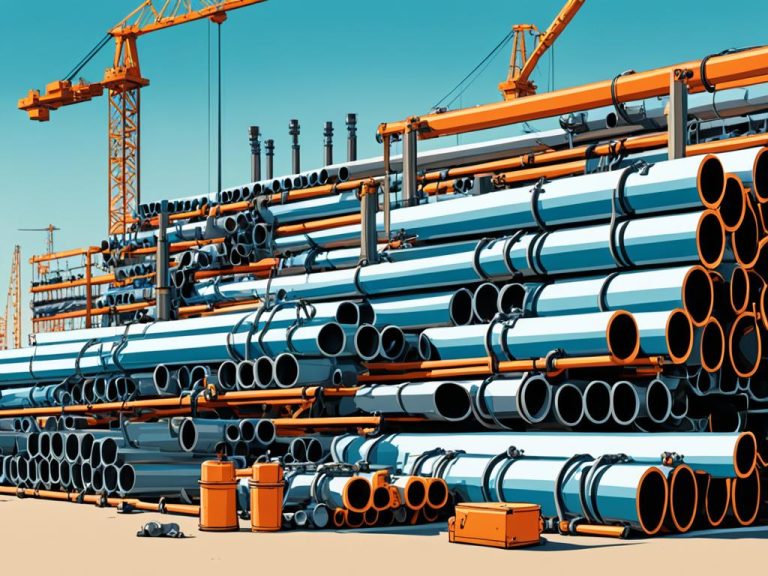
I don’t think the title of your article matches the content lol. Just kidding, mainly because I had some doubts after reading the article.